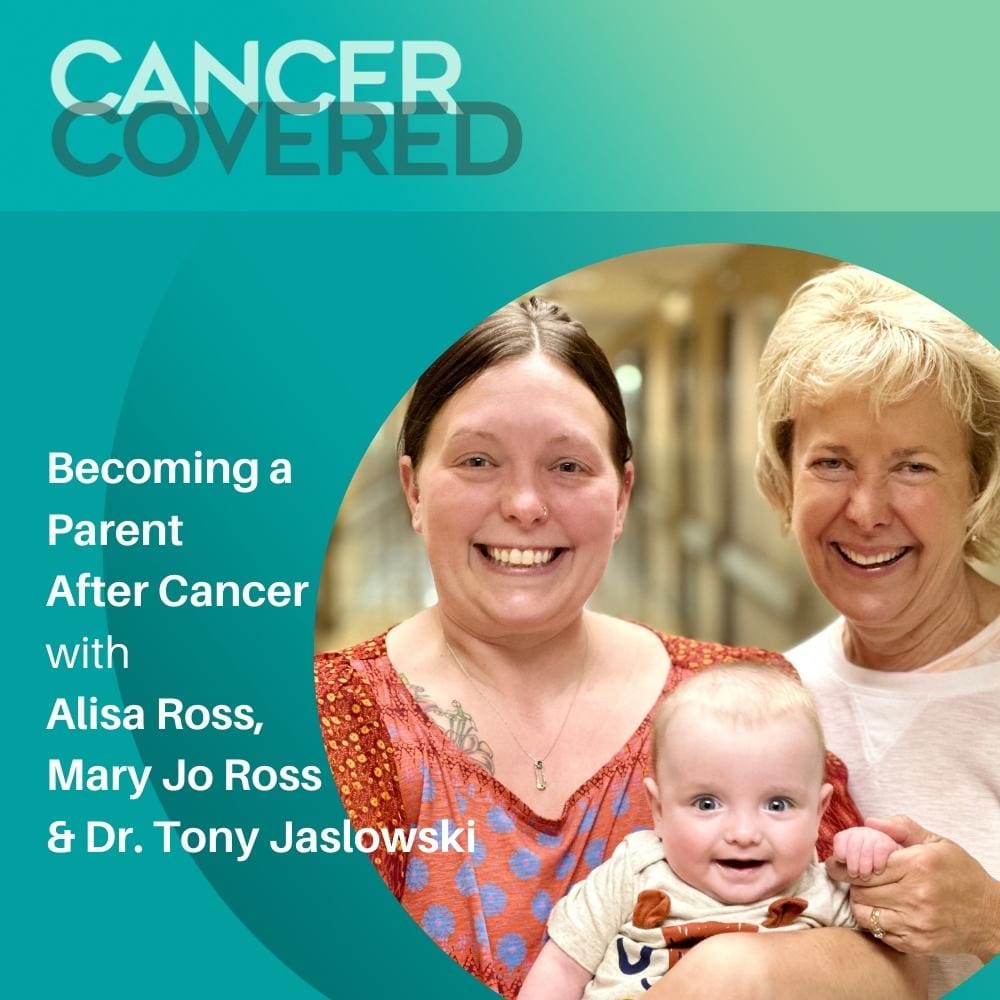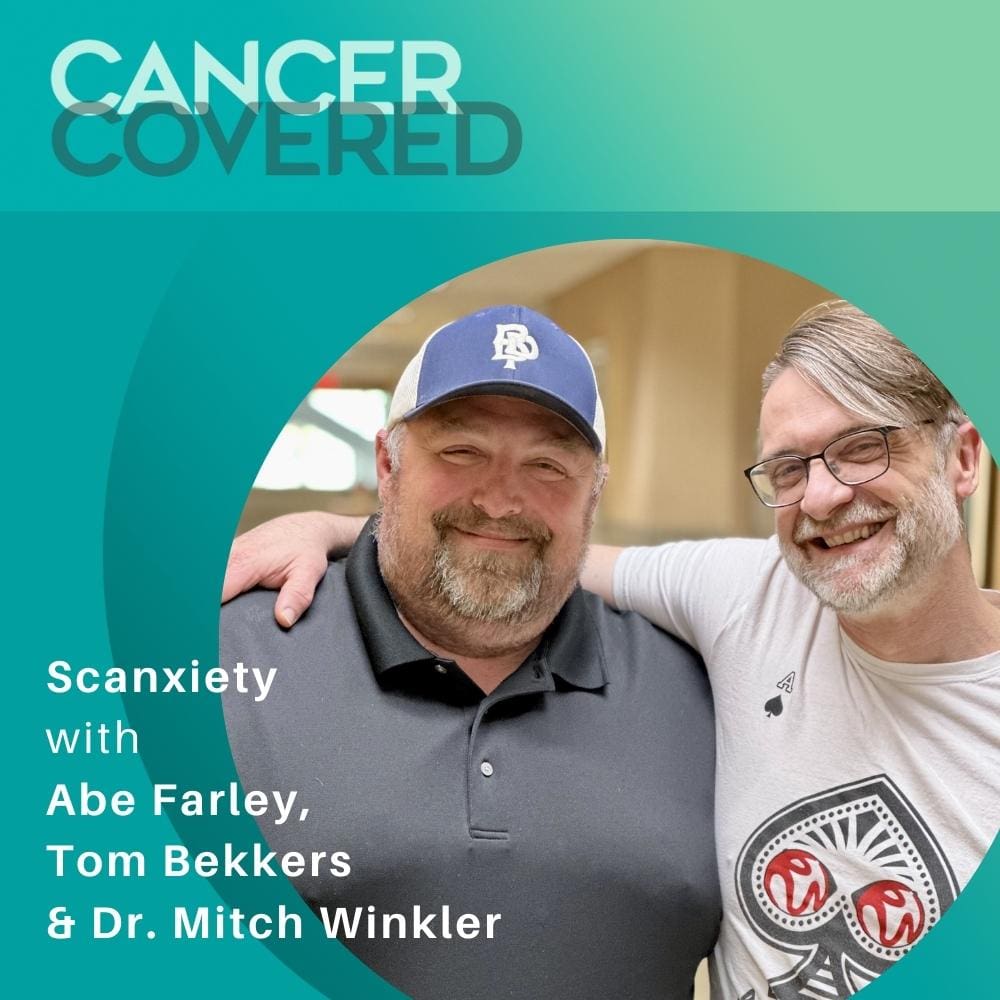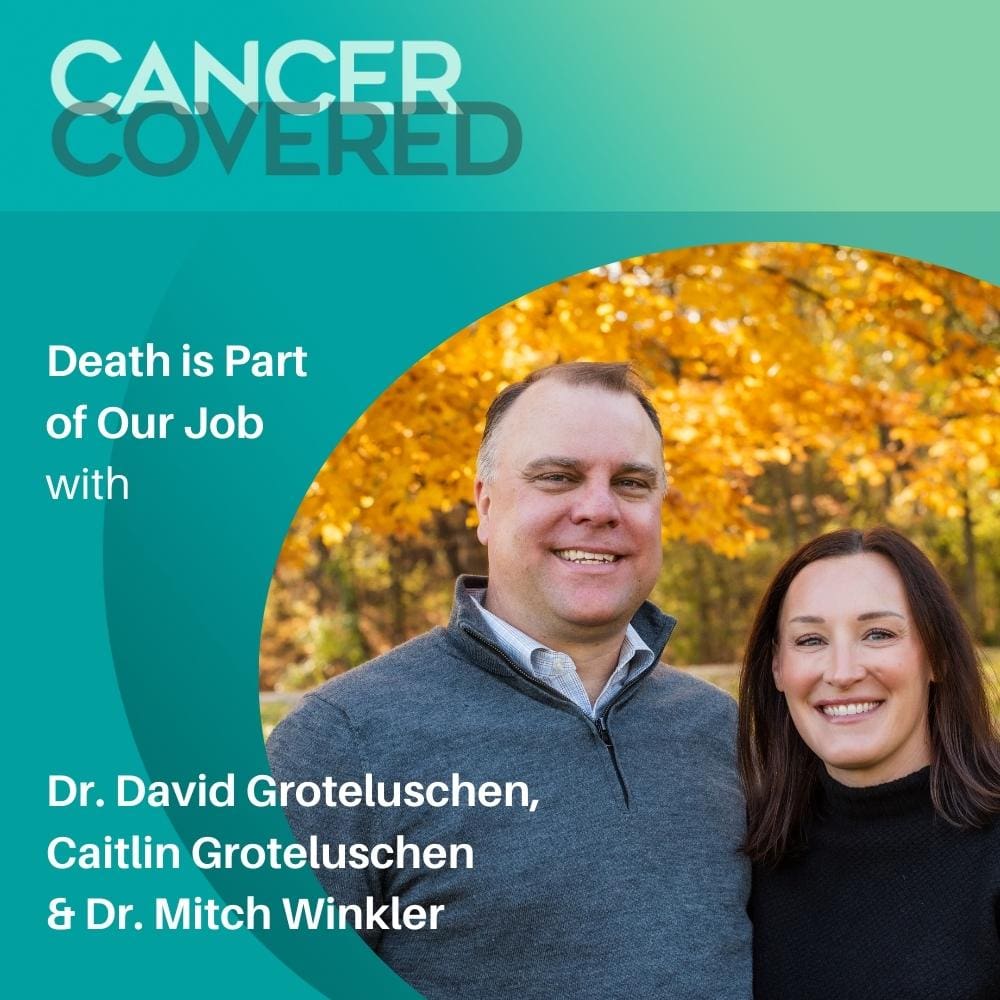Who pays for hospice?
Hospice services provided in the home are completely covered by Medicare.
When is hospice appropriate?
For patients with incurable cancer, hospice care should begin immediately when cancer therapy is discontinued or opted against. Hospice care works by being proactive, so that means it can only be effective if it starts before you think you need it. It’s a bit like auto insurance – you have to have it in place before the accident occurs. Formal eligibility requirements state that patients should have an approximate life expectancy of six months or less. These estimates sometimes pose a psychological barrier to patients and physicians, who either don’t want to restrict their hopes or worry if they outlive the estimate that they’ll get in some kind of trouble. But neither of these things are of real concern. There’s nothing about a having a limited life expectancy that prevents you from being pleasantly surprised by living longer. And hospice agencies have a system in place for re-certifying eligibility at the end of six months if you’re still doing well. Don’t let the average life expectancy requirements prevent you from getting the help you need, or limit your hopes of being above average. Because we’ll be right in there hoping with you.
When do I need hospice and what is it?
All patients with incurable cancer eventually reach the point where cancer treatments no longer have anything to offer. This may be because they’re no longer strong enough to tolerate the treatment, or because they no longer wish to continue them, or because we’ve simply run out of treatments to try. When we reach that point, beginning hospice care immediately can be very beneficial to patients and their loved ones. Hospice care is a proactive form of preventative and supportive care that helps you adapt to your changing needs and symptoms. And it’s usually provided at home. A specialized team of nurses, social workers, and volunteers will make regular visits to check on you. They’ll assess your symptoms, modify your medications if needed, and may even help you and your family modify your home environment to accommodate you. They’re also available at night or on the weekend if you’re having a problem.
Are hospice and palliative care the same thing?
Any kind of medical care given with the goal of improving things for a patient with an incurable problem is a form of palliative care. A great deal of cancer treatment, even some forms of cancer chemotherapy, can be palliative care. All forms of pain medication are palliative care. Even counseling for anxiety can be a form of palliative care. But hospice care is a specific form of palliative care provided to patients with incurable illness when death is expected within six months or so.
How Hospice Began

The 20th century saw the fast development of medicine and medical intervention. Alongside this incredible advancement came the assumption that medicine could cure anything—and the refusal to believe that something is incurable. For most of medical history, however, palliative care and relief from suffering was not just the norm but the only option. Though medical […]
Becoming a Parent after Cancer

Alisa, Mary Jo, and Tony join me today to discuss Alisa’s breast cancer diagnosis and how it impacted her fertility. Tony explains the rarity of breast cancer in young adult women and the unique challenges younger cancer patients face during treatment. He illustrates his experience working with Alisa as both her oncologist and colleague and […]
Scanxiety

This week on Cancer Covered: The prevalence of anxiety among cancer patients Abe’s experience with testicular cancer Developing strategies for managing stress and anxiety related to a cancer diagnosis and treatment The value of increasing communication with medical professionals to ensure you fully understand your diagnosis and treatment plan Addressing the emotional and psychological impact […]
Death is Part of Our Job

David and Caitlin join us today to discuss how cancer invades our lives, moving from our professional life into our personal space. Caitlin shares how her father was diagnosed with three different types of cancer and how she felt about the overnight transition from visiting her husband at work for lunch to regularly visiting the […]
Death is Loss, Not Losing

Matt Malcore is a 5th generation funeral director and Malcore Funeral Home & Crematory owner. Since he was a young boy, Matt hoped that he could serve the Green Bay community the way his father, grandfather, and great-grandfather have for over 100 years. He holds a Bachelor’s degree in Sociology from UW-Stevens Point and Associates’s […]
Survivorship: What Lies Beyond Cancer

“Now what?” This is at the top of patients’ minds after completing cancer treatment. For many, it comes with a significant amount of worry. You have achieved the “end goal” so it’s common to wonder, what’s next? Patients are used to being supervised on a daily or weekly basis and that may abruptly change to […]